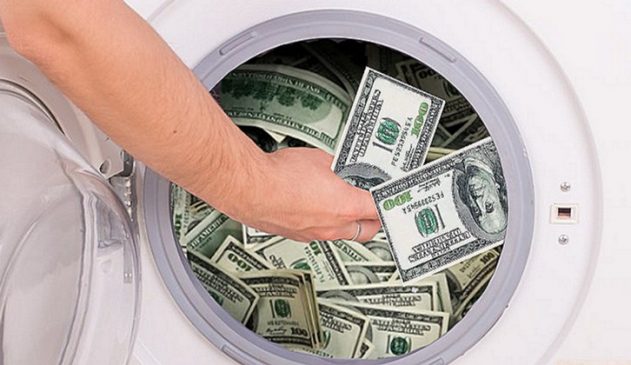With cryptocurrencies came the one issue that law enforcers across the globe will spend sleepless nights trying to keep up. Money laundering is that one thing that was given a lifeline by cryptocurrencies.
According to a research done by the Wall Street Journal (WSJ) together with a London-based blockchain forensics company, it has been revealed that over $80 million laundered through 46 exchanges in just two years. The amount discovered can be higher considering that the research only reviewed around 2,500 suspicious wallet address
Although 46 exchanges were responsible to move and sanitize the money using cryptocurrencies, ShapeShift has been particularly conspicuous along the money laundering trail. Unfortunately, law enforcement agencies have a hard time pinning the exchange on a hard wall due to regulatory constraints.
In one notable case, criminals who distorted money using the WannaCry ransomware and which is suspected to originate from South Korean hackers, used ShapeShift, an online crypto exchange, to convert bitcoin and ether to Monero, a privacy-focused coin. Once the criminals changed to Monero their trail was a dead end for authorities.
Apart from extortion criminals, the over $80 million laundered through 46 exchanges came from scams and has been traced to the online exchange. In another example, Starscape Capital promised its investors that they will get returns after the investors deposited ether into an anonymous wallet. After the firm raised more than $2 million, the worst happened. It went dark. WSJ traced the anonymous wallet where the ether was deposited and found that it sent the millions to two separate exchanges – KuCoin and ShapeShift. The latter received $517K which was converted to Monero.
WSJ also revealed that ShapeShift has so far “processed nearly $9 million of the suspect funds, more than any other exchange with U.S offices”
Bittrex, a U.S based cryptocurrency exchange, although it claims to “follow federal guidelines,” was captured in the research to have witnessed $6.3 million from apparent criminal activity flow in and out of the exchange. Some of that was confiscated by law enforcement agencies.
“Europol, the European policing agency, has investigated several cases in which criminals used ShapeShift,” noted WSJ adding that “U.S authorities also are keenly aware of ShapeShift’s role in exchanging suspicious funds.”
However, Veronica McGregor, chief legal officer, Shapeshift, disclosed that the firm plans to “start requiring users to provide identification starting Oct. 1.”
In all the cases investigated, criminals preferred using Monero to cover their trails. After the crypto gets out of Monero it can be converted to fiat or exchanged with other cryptocurrencies.
With many virtual currency exchanges flouting their adherence to federal laws concerning money laundering, the question of whether “they are subject to them hasn’t been tested.”
Do you think the over $80 million laundered through 46 exchanges could have been avoided if only global AML regulations are adopted?
Let us know your thoughts in the comments section below.




